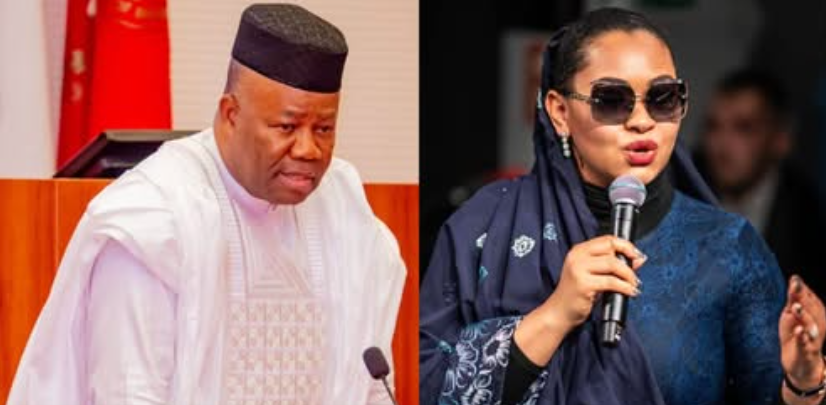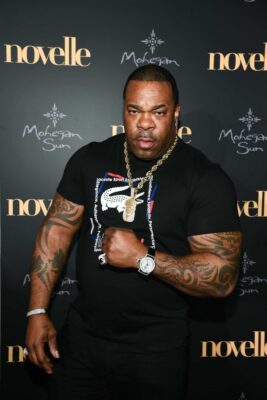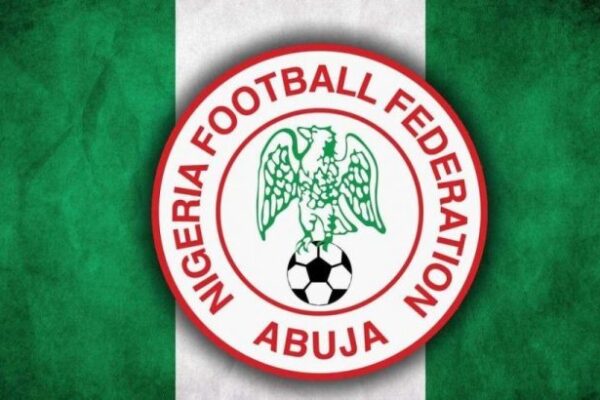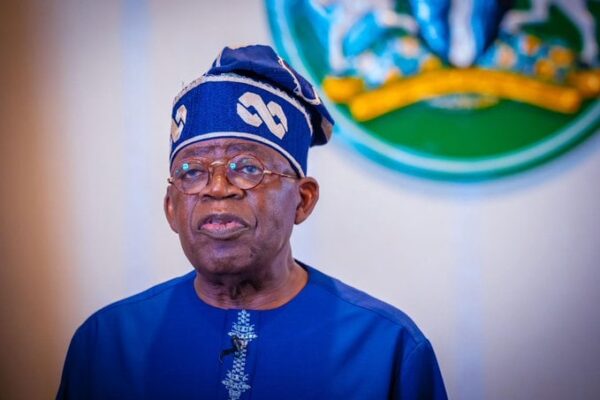
Asake Returns To Lagos After Extended Stay In Los Angeles
Asake has returned to Lagos after spending time in Los Angeles, and the news has quickly set social media buzzing. Reports of his arrival surfaced on X, exciting fans who have been eager to see the “Mr Money” hitmaker back in Nigeria. Following a run of chart-topping songs and international tours, many supporters are already anticipating fresh releases, live performances, and possible appearances throughout the festive season. Online reactions have been mixed with humor and excitement, as some users teased him over his long stay in the US, while others flooded timelines with messages welcoming him home. Asake touches down in Lagos, Nigeria after spending several years in Los Angeles, California 🪖🇺🇸🇳🇬 pic.twitter.com/r5lgCz51iz — Dami’ Adenuga (@DAMIADENUGA) December 21, 2025








